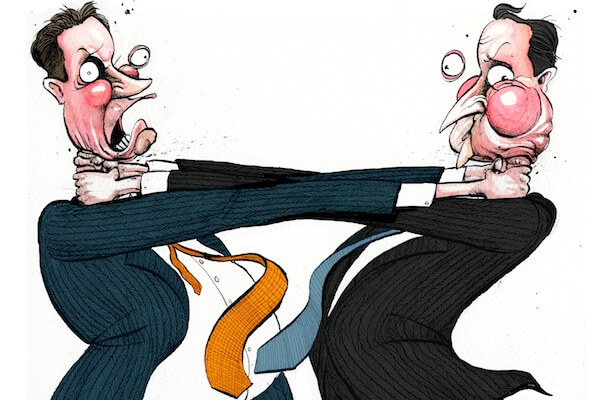There will always be a market for something people like to do in privacy, but can not for whatever reason. Some people think gambling online is the unstoppable future like the fate of many other industries as of late, but a few, and there numbers are increasing, are hesitant to support the issue. To add to the growing trend against US online wagering, the Coalition to Stop Internet Gambling recently launched a six-figure campaign, equipped with its first commercial, warning citizens of the dangers of legalizing it, or so they perceive. Here is the video in all of its numerous unsubstantiated claim’s glory.
Its One Man’s Mission!
The group is solely supported by Sheldon Adelson, the CEO of Las Vegas Sands Casino and Hotel. They argue online gambling will help perpetuate a black market in the US. Adelson says he is willing to spend “whatever it takes” to stop its the spread. The coalition is emphasizing the possibility that criminals and terrorists may use it to launder money and could potentially make enough money in one day to actually fund terrorist attacks. Major lobbyists in land-based gambling are not slowed down by these claims. They are making this their prime concern this year, including Caesars Entertainment and MGM Resorts International, who’ve agreed to take steps to get into the internet market this year.
Regardless of the growing criticism, the online gaming industry is projected to continue with its success here as it has in other countries. Morgan Stanley has stated internet gambling in the United States will produce the same amount of revenue as the Las Vegas and Atlantic City markets combined. This is an estimated $9.3 billion USD and is considered a low-ball estimation by some experts. “Global gambling revenues passed US$ 400 billion back in 2011”, said John Estis an annalist at CNN, “this is an increase of 5.6% on the previous year with the majority of the growth in English-speaking countries.”
With the introduction of new casino resorts in Asian countries like Macau and Singapore, commercial land based operations are still responsible for roughly 28% of all global gaming revenue. They’ve quickly closed in on popular games in China like baccarat, and they have added to the lotteries which have traditionally been responsible for contributing the highest share of revenue. With regard to the U.S. online poker industry alone, roughly 2.5 million Americans play and bet around 30 billion annually in illegal, and offshore legal U.S. internet gambling sites. Regardless of the success of cyber gaming, the commercial casino industry continues to expand. It’s no wonder they are turning up the heat against the competition when so much money is on the line.
But wait, there’s more!
They aren’t the only ones stirring up some buzz, the proponents in this case have also formed their own group, the Coalition for Consumer and Online Protection, they are also planning to launch a lavish campaign that is targeted toward decision-makers in Washington. With the plan of operating exclusively at the federal level, they will attempt to encourage Congress to embrace regulation which they see as the best means to protect minors, detect money laundering, and eliminate a dangerous black market.

The internet gambling community continues to grow, although this poses a threat of reduced profits for the commercial casino industry as many will resort to gambling in the comfort of their own home rather than head down to a casino, they probably don’t have much to worry about. They are still pulling in billions in revenue, and they have several amenities which online gambling just can’t compete with, from luxurious hotel rooms, unlimited drinks, exhilarating shows, and family friendly in your face extravagance that the internet can’t sites don’t quite compare to in the overall experience. To older players who have been playing in Vegas for years and enjoy socialization and luxury it could mean the beginning of the end, and it is this very solitude that makes it appeal to so many others.
Note from the Editor: I decided after much debate to do something that we have never done before. Our tech team as added a code that will prevent Google from giving credit to Coalition to Stop Internet Gambling’s link on this page. After all, why should their website be rewarded when it is based on entirely theoretical claims and then marketed as fact? We firmly believe in preserving the quality of the world wide web and all other non advertorial links on this website pass credit to the recipient. Please read the About Us section to learn more.






